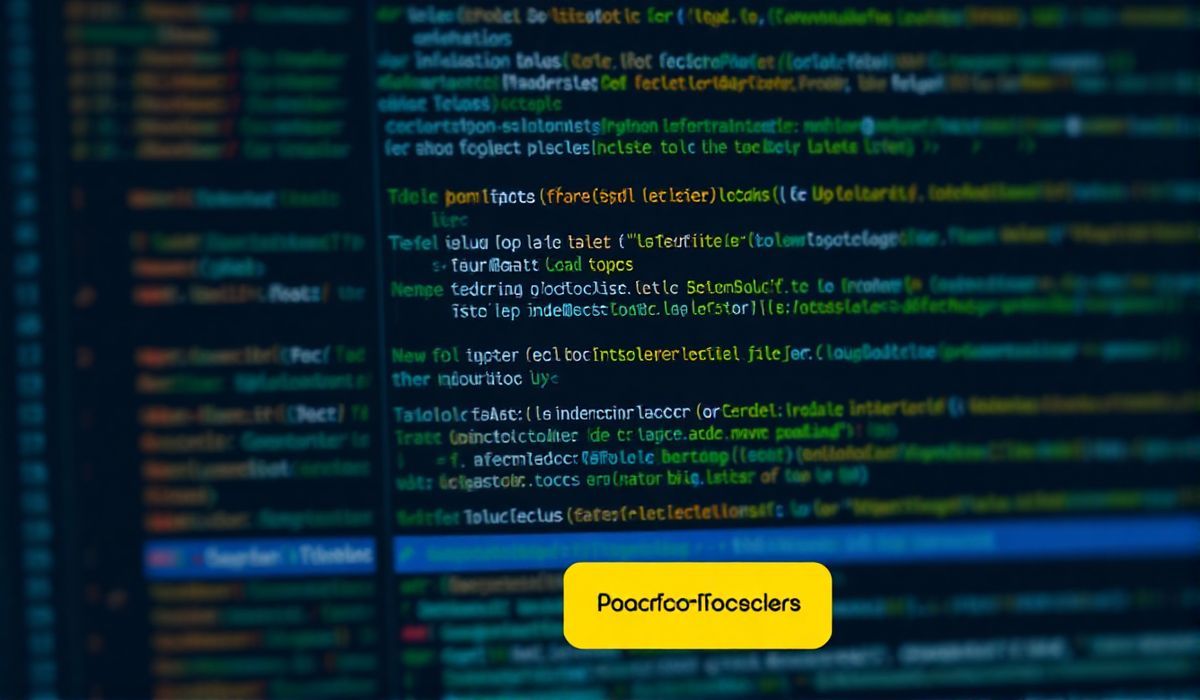Introduction to Typing-Extensions in Python
As Python continues to evolve, type annotations have become an essential part of writing reliable and maintainable code. However, some advanced typing features may not yet be available in older Python versions or even the current standard library. This is where typing-extensions comes in. The typing-extensions library enables you to use new typing features on older Python versions, ensuring backward compatibility while leveraging the latest advancements.
Why Use Typing-Extensions?
The typing-extensions package allows developers to access typing tools and constructs that:
- Are introduced in later Python releases.
- Provide experimental features that might not yet be finalized in the core library.
- Help maintain uniform type annotation support across Python versions.
Key Features and API Examples
Here are some key features and corresponding examples of typing-extensions:
1. Annotated
Annotated allows you to attach metadata to a type hint. This can be useful for validation, documentation, or runtime processing.
from typing_extensions import Annotated
Age = Annotated[int, "Should be a positive number"]
def set_age(age: Age) -> None:
if age < 0:
raise ValueError("Age must be positive.")
print(f"Age is set to {age}")
set_age(25) # Works fine
# set_age(-5) # Throws a ValueError
2. Literal
Literal restricts a function parameter to specific constant values.
from typing_extensions import Literal
def choose_color(color: Literal["red", "green", "blue"]) -> str:
return f"You selected {color}"
print(choose_color("red")) # Valid
# print(choose_color("yellow")) # Raises a type checker error
3. TypedDict
TypedDict provides a way to define dictionaries with specific keys and value types.
from typing_extensions import TypedDict
class User(TypedDict):
name: str
age: int
user: User = {"name": "John", "age": 30}
print(user)
4. Self
The Self type alias is used to annotate methods that return an instance of their own class.
from typing_extensions import Self
class Builder:
def set_value(self, value: int) -> Self:
self.value = value
return self
b = Builder().set_value(10)
print(b.value)
5. Never
The Never type specifies a code path that should never happen.
from typing_extensions import Never
def handle_case(value: Never) -> None:
raise ValueError("This code should never execute")
# type checker will enforce that handle_case is never called
6. Final
Use Final to indicate that a variable or method is constant and should not be overridden or reassigned.
from typing_extensions import Final MAX_SIZE: Final = 100 # MAX_SIZE = 200 # Type checker error
7. Protocol
Protocol defines a structural interface, allowing you to specify required methods and attributes.
from typing_extensions import Protocol
class Greeter(Protocol):
def greet(self, name: str) -> str:
...
class EnglishGreeter:
def greet(self, name: str) -> str:
return f"Hello, {name}!"
def greet_user(greeter: Greeter, name: str) -> None:
print(greeter.greet(name))
greet_user(EnglishGreeter(), "Alice")
Complete App Example
Below is an example application that combines multiple features from typing-extensions.
from typing_extensions import TypedDict, Literal, Annotated, Protocol
class Product(TypedDict):
name: str
price: Annotated[float, "Should be a positive value"]
class Formatter(Protocol):
def format(self, product: Product) -> str:
...
class SimpleFormatter:
def format(self, product: Product) -> str:
return f"{product['name']} - ${product['price']:,.2f}"
def display_product(
product: Product, formatter: Formatter, unit: Literal["USD", "EUR"]
) -> None:
product_str = formatter.format(product)
print(f"{product_str} ({unit})")
product = {"name": "Laptop", "price": 1200.00} # Valid Product
formatter = SimpleFormatter()
display_product(product, formatter, "USD")
Conclusion
The typing-extensions library is invaluable for developers who want access to the latest type hinting features while maintaining compatibility across Python versions. Its flexibility and wide range of utilities make it a must-have for writing clean, type-safe Python code, especially in collaborative or production environments.
Start incorporating typing-extensions into your projects today to unlock its full potential and elevate your development standards!




